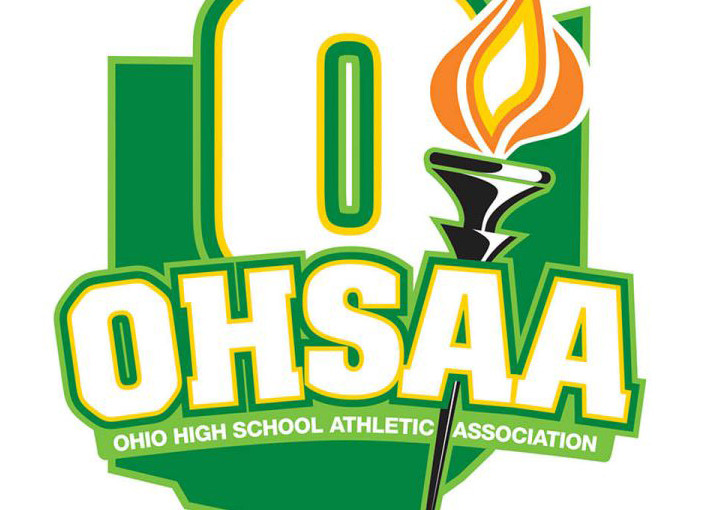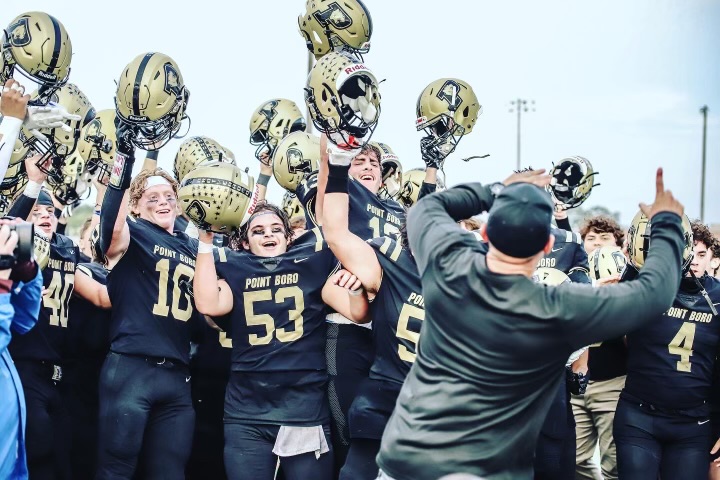Wichita High School Coach Created ’Pay-For-Play’ Atmosphere
WICHITA | Parents of two Andover High School teens filed a lawsuit on Tuesday claiming that the former boys basketball coach sought loans from more than three sets of parents, causing a “pay-to-play” atmosphere that tainted team tryouts.
The parents, whose teens were cut from the team before coach Jason Stucky resigned last month, are asking the court to order that new tryouts be held or that any teens who tried out be allowed on the team if they want.Tuesday afternoon, a judge denied a preliminary injunction for new tryouts.
A hearing on a permanent injunction — allowing evidence to be heard — has been set for Jan. 4.
The plaintiffs, Paul and Melinda Peffly and Russell and Janet Clopine, filed their petition against the Andover school district in Butler County District Court.
The petition says that parents told district administrators that Stucky was seeking loans from parents and that the involvement of money made the tryouts unfair.
“You’re introducing money into a situation where it shouldn’t be,” said the parents’ attorney, Corlin Pratt.
The parents contend that Stucky, who did not teach at the school, had asked several parents of basketball players for money and obtained one loan for $3,500.
The administrators refused to reopen tryouts, which had been held in mid-November, the lawsuit says.
Stucky told The Eagle on Tuesday that he couldn’t comment on the allegations, but he defended the tryouts. “Cuts were made solely upon skill and effort, and … nothing due to personal business or things outside basketball,” Stucky said.
At the end of the three-day tryouts in mid-November, Stucky said, he asked for his two assistant coaches’ opinions before he gave his. “It was a unanimous decision amongst the three coaches on who was making the team,” he said.
School district spokeswoman Keturah Austin said she couldn’t comment because personnel and legal issues are involved.
In a statement, superintendent Mark Evans said, “The district has full confidence in the process used for team selection for the AHS basketball program, as well as full confidence in the legal process.”
According to the petition, around Nov. 30, Paul Peffly told Evans that he believed that two teens had been cut from the team because Peffly pushed Stucky to repay a loan. The two teens are the Pefflys’ nephew, for whom they are guardians, and the Clopines’ son.
Evans responded that “his policy was that no public servant under his employ could hit up students and their parents for money; that they would be immediately terminated upon his learning of the situation,” the document says. “Superintendent Evans apologized and used the term ’victims’ when referring to the Plaintiffs.”
Peffly told Evans “that the tryouts were tainted by Stucky’s conflicts of interest and something had to be done to right the wrong.”
Around Dec. 1, Evans told Peffly “that it was decided to just move on down the road with no new tryouts,” the document says.
The lawsuit says that the two teens have played basketball for years and have a right to a fair tryout.
Both teens are juniors, and the basketball season is under way. “Their ability to play basketball yet this year and their chances to make the basketball team next year is quickly diminishing,” the document says.
Last year, both teens played on the junior varsity team, and one of them played some on the varsity unit, the lawsuit says.
Paul Peffly said in an interview that the parents found it “astounding” when their teens didn’t make this year’s team.
Students don’t have a right to be on a team, but assume they should be given a fair shot at making a team, Peffly said.
Pratt, the parents’ attorney, said he expects the district to argue at a Jan. 3 hearing that his clients’ due-process right doesn’t extend as far as they contend it does.
Peffly said the lawsuit wouldn’t have been filed if the district had agreed to hold new tryouts.
According the petition’s timeline: Stucky sought and borrowed money from the Pefflys last February. Paul Peffly had to pressure the coach into repaying the $3,500 loan, which was due Sept. 1. Around Sept. 23, after a number of attempts to get the debt paid, Paul Peffly told Stucky that he would file a lawsuit if necessary to get the $3,500.
The next day, Stucky repaid Peffly. It was several weeks before the tryouts began.
In an interview, Paul Peffly said Stucky had approached him and his wife “out of the blue,” saying he needed money to buy a commercial mower for his lawn service business. Stucky seemed to be a hard worker who deserved help and who was having financial challenges, Peffly said. Stucky signed a promissory note.
Peffly said he loaned Stucky the money through Peffly’s general contracting and landscape business and viewed it as a business loan having nothing to do with basketball. Stucky never brought up basketball when the loan was made, Peffly said.
“There was no benefit to us to loan him money other than to help a guy out,” Peffly said.
The other plaintiffs, the Clopines, didn’t loan any money to Stucky. But they felt the tryouts were corrupted by questions surrounding the money issues, Pratt said.
Around Oct. 5, the plaintiffs learned that Stucky had solicited money from another parent of a high school basketball player, the document says. That parent declined to give him money.
In mid-October, a third parent indicated that Stucky had asked him for a loan, the petition says.
Stucky also sought money from additional parents, the document says.
He had a business relationship with the parents of at least one of the basketball players, it says.
Around Nov. 23, Stucky drove up next to Melinda Peffly at her workplace and told her that he had to resign the next morning or he would be fired, the document says. The next day, he resigned.
The plaintiffs also say that Stucky hired boys from the basketball team to do work for him this past summer but that he didn’t pay them.
Pratt, the plaintiffs’ lawyer, said the lawsuit is detailed “so it could be understood by the public … since we’re dealing with public servants.”







